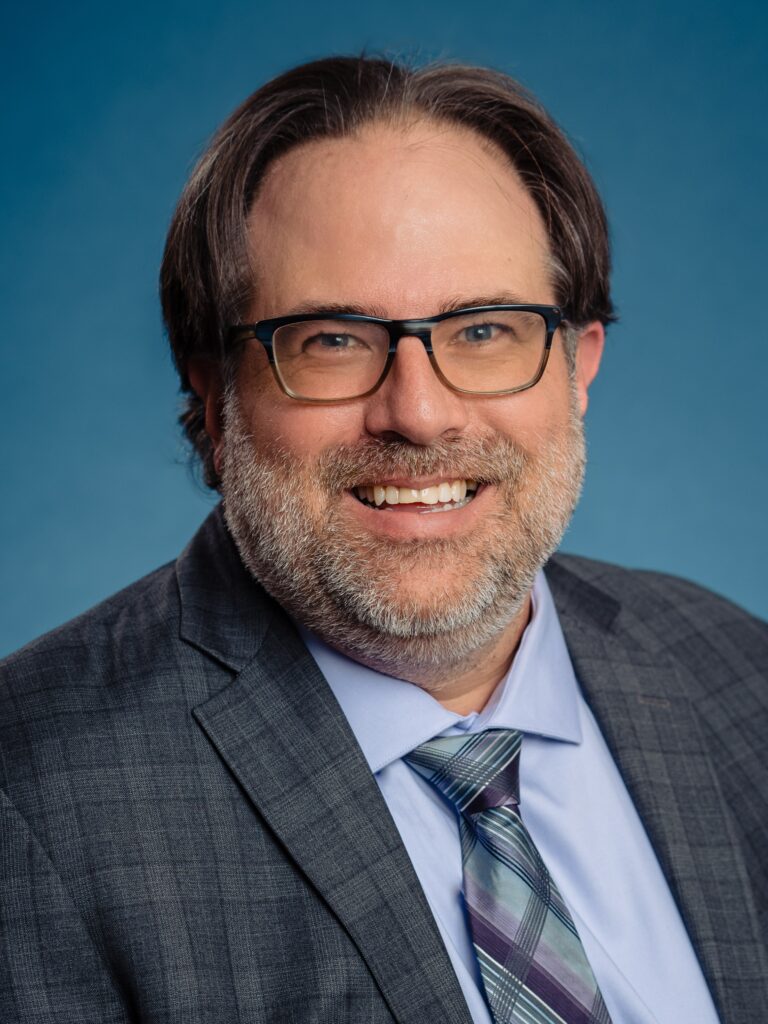Washington Case Law Update: Can Third Parties Sue Insurance Companies Under the Consumer Protection Act?
Washington Case Law Update: Can Third Parties Sue Insurance Companies Under the Consumer Protection Act?
From the desk of Kyle D. Riley: Under Washington statutory law, the Consumer Protection Act (“CPA”) prohibits insurance companies and other businesses from engaging in unfair competition and unfair or deceptive acts or practices. Can third parties bring CPA actions against insurance companies for their handling of an insurance claim? Read on to find out.
Claims Pointer: In this case arising out of a car accident, the Washington Court of Appeals held that although third party claimants cannot directly sue insurance companies for breaches of the statutory duty of good faith, that prohibition does not apply to private CPA suits. The case serves as a reminder that insurance companies must be careful not to violate the CPA, both in dealing with insureds and with third parties.
University of Washington v. Government Employees Insurance Company, No. 74736-3-1, Washington Court of Appeals Div. I (September 11, 2017)
Kyle Monroe (“Monroe”), a Government Employees Insurance Company (“GEICO”) insured driver, and Officer Ruslan Sattarov, a police officer with the University of Washington (“the University”), were involved in a collision. Monroe had a green light as he drove through the intersection, and Officer Sattarov entered that same intersection in his patrol car against a red light while responding to a call. The cars collided, and Officer Sattarov’s car crashed into a storefront, injuring two pedestrians.
Following the incident, GEICO’s claims adjuster notified the claimants that Murphy bore 60 percent of the fault and the University bore 40 percent. The adjuster then notified the risk management department at the University that GEICO’s position was that Murphy bore 40 percent of the fault and the University bore 60 percent. The adjuster did not notify the University of the discrepancy with communications to the claimants. The University negotiated with the GEICO claims adjuster to split liability equally between GEICO and the University (“the Agreement”). The Agreement was signed and acknowledged by both parties. The parties settled three claims related to the accident. A different GEICO claims adjuster agreed that the University would handle outstanding settlements and in turn seek 50 percent reimbursement from GEICO. A few years later, one of the injured pedestrians filed a personal injury suit. The University settled the suit and paid the settlement in full, but GEICO refused to honor the Agreement. The University then learned that GEICO was taking the position that it was not liable at all for the incident.
The University filed suit against GEICO, arguing that GEICO breached the Agreement. Three weeks before trial, the University sought permission to amend its complaint. GEICO contested the motion, but the court granted permission, and the University amended its complaint, adding another claim under the Consumer Protection Act (“CPA”). The new CPA claim alleged that GEICO’s repudiation of the Agreement constituted an unfair or deceptive act in trade or commerce that affected the public interest. Following trial, the jury returned a verdict in favor of the University, finding a breach of the Agreement and a violation of the CPA. The CPA damages and corresponding attorney fees were substantial. GEICO moved for a new trial, and when its motion was denied, GEICO appealed to the Washington Court of Appeals.
The Washington Court of Appeals held that the trial court did not err in allowing the University to amend its complaint to include the CPA claim three weeks before trial. The court explained that according to the language in Court Rule 15(a), when a party requests to amend its pleading, permission “shall be freely given when justice so requires.” According to case law, such motions shall be denied only when allowing an amendment would prejudice the nonmoving party. Examples of prejudice to the other party include undue delay, unfair surprise, or jury confusion. The court noted that GEICO suffered no prejudice from the amendment. First, GEICO itself withheld certain evidence that was underlying the CPA claim until late into the discovery process. Second, the University’s breach of the Agreement claim and CPA claim relied on nearly identical testimony and evidence. For the court, because GEICO was not unfairly surprised when the trial court allowed the University to amend its complaint, it was proper to let the University amend its complaint.
GEICO next argued that the University was not allowed to bring a CPA claim because the University was not one of its insureds. The court explained that the CPA prohibits “unfair methods of competition and unfair or depictive acts or practices in the conduct of any trade or commerce.” The court pointed out that there are multiple ways to bring and establish a CPA action. First are the per se violations, which occur whenever the insurance company violates an insurance industry regulation in dealing with its insured. One example of such violation is an insurance company’s breach of its duty to exercise good faith under RCW 48.01.030. Alternatively, plaintiffs can bring private CPA actions, which are not specifically focused on a violation of an insurance company regulation. In a private CPA action, the plaintiff must establish the following five elements: “(1) unfair or deceptive act or practice; (2) occurring in trade or commerce; (3) public interest impact; (4) injury to plaintiff in his or her business or property; [and] (5) causation.”
In support of its argument, GEICO pointed to case law holding that third party claimants were prohibited from suing insurance companies directly for breach of the duty of good faith under a liability policy. The appellate court explained that the cases cited by GEICO dealt with per se violations but not private CPA claims. Because the University brought a private CPA claim, the University did not have to be an insured of GEICO. The court then conducted a thorough review of the five elements of the private CPA action and found that there was sufficient evidence of GEICO’s unfair or deceptive practices and the injuries those acts or practices caused. The trial court’s denial of GEICO’s motion for a new trial was affirmed. Moreover, because the CPA provides for attorneys’ fees to the prevailing party, the Court of Appeals awarded the University attorneys’ fees on appeal.
View full opinion at: https://www.courts.wa.gov/opinions/pdf/747363.pdf
Case updates are intended to inform our clients and others about legal matters of current interest. They are not intended as legal advice. Readers should not act upon the information contained in this article without seeking professional counsel.
To email Kyle Riley, please click here.
To view the most recent Oregon Law Update: Amendments Retroactive if Legislature Indicates They Are, please click here.

















